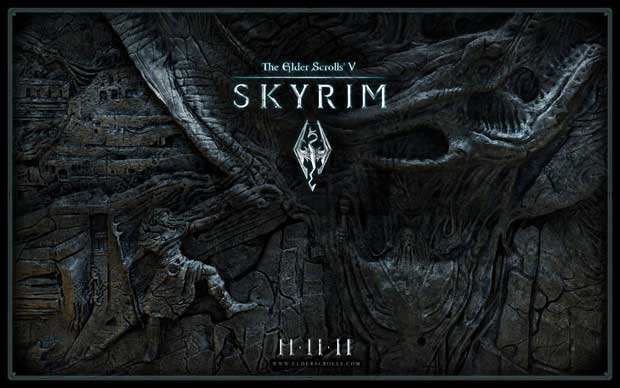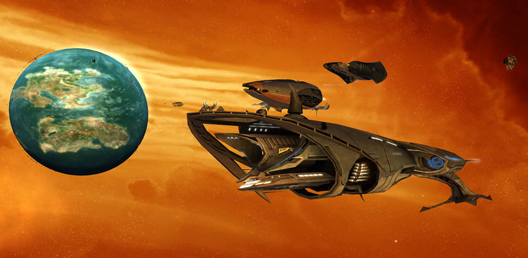Here is a response to a post on the PC-Gamer board. Read the thread here.
I've been thinking much about this recently. I've considered seeing being 'grown-up' as dedicating less time to my imaginative life. That is, less time and judos to imaginative experiences than experiences of 'reality.' Reality, by my definition, being that which still exists even when you ignore it: taxes, rain and hunger for one.
Play is a serious thing. Just because we think that we stop playing, doesn't mean we have. I think most of our lives - not least our 'professional' lives - are games with set rules and achievements (and power-ups!) Just because we don't commit all the rules to paper doesn't mean they don't exist in a very real fashion: no-one has told me not to wear an entirely black suit (black tie, etc) to work, so I feel it trangresses on some rule (or another.)
I tell an anecdote from Vygotsky (Russian educationalist) to my kids about how play is serious. A bunch of kids are playing on a climbing frame. Without warning one climbs to the top and shouts in his best pirate voice, "Aye ya LandLubbers! I'm gonna cut out ye gizzards!"

A second kid hangs off and, in his best throaty voice, responds (without prompting), "avast to starboard, you can't best me scimitar!"
The two kids play back and forth until a third kid approaches and says, "can I join in?"
Instantly the game ends, without word. The game could only exist when the rules were both spontaneous and implicit. As soon as the rules needed to be reflected and considered, the fun left the game; indeed, perhaps it was a little too close to reality.
As long as people around you trust you with responsibility, 'growing-up' in the way I feel people connote the term is not necessary. In fact, it is perhaps anathema to living happily.
A final thought I'll leave you with is this: in my school I admire the fact that so many kids can actually be kids. I see 15-16 lads playing tag. These are soft kids; just in a semi-rural community where they are (seemingly) free of the angst of being faux 'grown-up', whatever that might mean.
I've been thinking much about this recently. I've considered seeing being 'grown-up' as dedicating less time to my imaginative life. That is, less time and judos to imaginative experiences than experiences of 'reality.' Reality, by my definition, being that which still exists even when you ignore it: taxes, rain and hunger for one.
Play is a serious thing. Just because we think that we stop playing, doesn't mean we have. I think most of our lives - not least our 'professional' lives - are games with set rules and achievements (and power-ups!) Just because we don't commit all the rules to paper doesn't mean they don't exist in a very real fashion: no-one has told me not to wear an entirely black suit (black tie, etc) to work, so I feel it trangresses on some rule (or another.)
I tell an anecdote from Vygotsky (Russian educationalist) to my kids about how play is serious. A bunch of kids are playing on a climbing frame. Without warning one climbs to the top and shouts in his best pirate voice, "Aye ya LandLubbers! I'm gonna cut out ye gizzards!"

A second kid hangs off and, in his best throaty voice, responds (without prompting), "avast to starboard, you can't best me scimitar!"
The two kids play back and forth until a third kid approaches and says, "can I join in?"
Instantly the game ends, without word. The game could only exist when the rules were both spontaneous and implicit. As soon as the rules needed to be reflected and considered, the fun left the game; indeed, perhaps it was a little too close to reality.
As long as people around you trust you with responsibility, 'growing-up' in the way I feel people connote the term is not necessary. In fact, it is perhaps anathema to living happily.
A final thought I'll leave you with is this: in my school I admire the fact that so many kids can actually be kids. I see 15-16 lads playing tag. These are soft kids; just in a semi-rural community where they are (seemingly) free of the angst of being faux 'grown-up', whatever that might mean.





 22:27
22:27
 A teacher
A teacher









